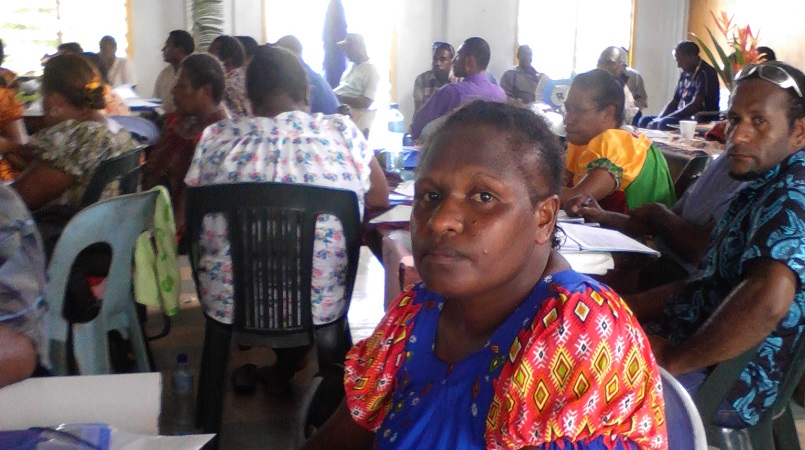
The week-long health standard training programs by the National Department of Health (NDoH) has identified major setbacks of health care provisions in the Gulf Province.
A team of high level facilitators from the NDoH standard services conducted the workshop at the Kerema Catholic Hall yesterday.
Health workers numbering 126 came from as far as Kikori and other to participate.
The participants, especially community health workers and nurses from the rural areas raised concerned that they have been working alone in poor stages.
“There is a lot of gap, no communication between us and looks like for the last decade, we have been working in isolation,” Deborh Omaro of Maiaru Aid Post in Kerema district said.
“Nothing is happening because leaders are not coming together to give us the attention we would like. This is silently killing us,” one said.
They said the province does not have a committed administration, no clinical visits which is important for guidance and improvement of services, physical structures need upkeep and maintenance and poor road infrastructure which is a hindrance to health service delivery.
“We have the capability and we may meet the requirements to take Provincial Health Authority but we have a problem with accountability and transparency that is why Gulf Province health (PHA) is not fit to take it,” Asserts and Risk Management technical Advisor Ken Pala said.
Mr Pala said that he was speaking from evidence and hope to raise his grievances “with evidence at the right” time while making way for other disgruntled participants.
Meanwhile the Chief Executive officer Moses Uvaipi of Kerema General Hospital has lashed out the health workers that they needed to raise to a level of how best they could provide services to improve lives of their people.
“A lot of money has poured into the province and we need to understand how we have used that money in the right way or not,” Mr Uvaipi said.
He said that it was about time they should reflect back find out about how much health care they have provide to the people rather than backlashing.
The week-long training is made possible by the sponsorship of the Oil Search who also attended the training as facilitator and participants.
A few minutes of the question time saw clinical workers firing blames and alleging them of poor health administration in the province until the NDoH intervened to control the situation.
